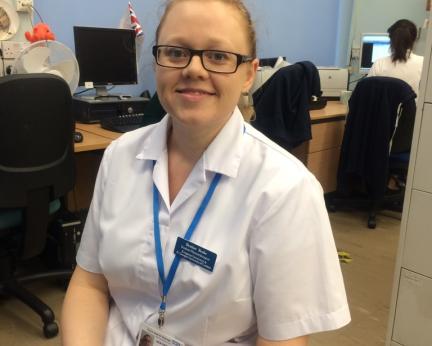It was my husband who suspected I might have dyslexia, because I wrote numbers the wrong way round or repeated words in a sentence. While studying for a previous degree I was able to take an initial diagnostic test which suggested I had dyslexia. However, because I was an international student, I was unable to access a full assessment free of charge. Without a full assessment from an educational psychologist I struggled to get the help I needed.
When I started my physiotherapy degree at St George’s, I was reluctant to disclose my dyslexia because of the stigma of being labelled as different. It was a talk by the university disability adviser that spurred me on to seek help from the university, because he made it sound as if it was ok to have a problem and that support was available.





